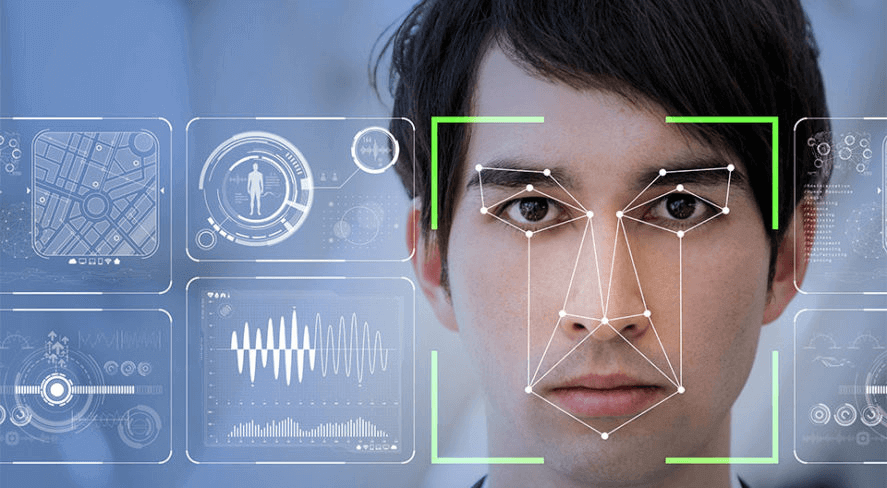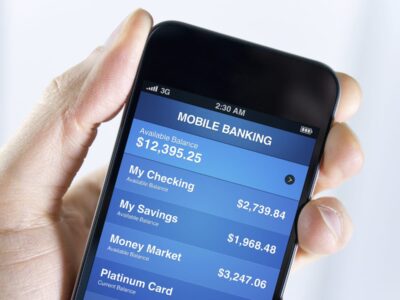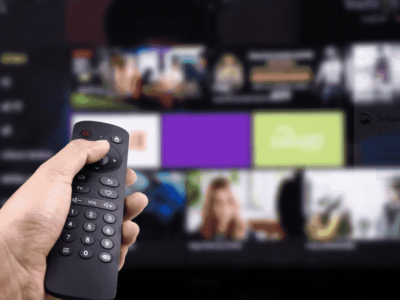The world is changing rapidly and technology is a big part of that change. One of the most important and talked-about technologies of the past few years is facial recognition. This relatively new technology is being used in many ways, from helping law enforcement to making our everyday lives more convenient.
In this article, we’ll take a look at some of the ways facial recognition is being used and how it’s impacting the world around us. We’ll also discuss some of the potential risks associated with this technology and what people are doing to try to mitigate those risks.
So, how is facial recognition being used?
One of the most common uses for facial recognition is security. This technology can be used to help secure buildings, airports, and other sensitive areas. It can also be used to verify a person’s identity for things like accessing bank accounts or making online purchases.
Facial recognition is also being used to create a more convenient shopping experience. For example, some retailers are using this technology to allow customers to pay for their purchases without having to take out their wallets or phones.
And it’s not just businesses that are using facial recognition. Schools are also using this technology to help track attendance and doctors to keep track of patient records.
There are many other potential uses for facial recognition, but these are some of the most common.
What are the risks associated with facial recognition?
Now that we’ve seen some of the ways this technology is being used, let’s talk about some of the potential risks associated with it.
One of the biggest concerns around facial recognition is privacy. This technology can be used to track a person’s movements and to identify them without their consent. This raises several concerns about how this information could be used and who could have access to it.
Another concern is accuracy. This technology is not perfect and there have been several cases where people have been misidentified by facial recognition systems. This can lead to things like false arrests or other problems.
Finally, there is the concern that this technology could be used to create a surveillance state. If this technology becomes widespread, it could be used to track people’s movements and activities without their knowledge or consent. This could have a chilling effect on our ability to live freely and could lead to a loss of civil liberties.
What are people doing to mitigate the risks of facial recognition?
There are many things people are doing to try to mitigate the risks associated with facial recognition.
One thing that’s being done is the development of privacy-enhancing technologies. These are technologies that aim to protect people’s privacy while still allowing facial recognition to be used.
For example, there is software that can blur a person’s face in images or video so that they can’t be identified. There are also hardware devices that can block facial recognition systems from being able to see a person’s face.
Another thing that’s being done is the development of new laws and regulations around facial recognition. These laws and regulations can help protect people’s privacy and limit how this technology can be used.
Finally, there is public education. As this technology becomes more widespread, people need to understand how it works and the risks associated with it. This way, people can make informed decisions about whether or not to use it.
These are just some of the things that people are doing to try to mitigate the risks of facial recognition. As this technology becomes more widespread, it’s important to keep these risks in mind and work to mitigate them.
How is facial recognition changing the world?
Because of its potential benefits and concerns, facial recognition is having a big impact on the world around us. It’s already being used in many different ways as we’ve described above. And as the technology continues to develop, we’re likely to see it being used in even more ways in the future.
Some experts believe that facial recognition will eventually become ubiquitous. That is, it will be used in so many different ways that we won’t even think about it anymore. It will just be a normal part of our lives.
Others believe that the concerns about facial recognition will limit its use and that we’ll eventually find better ways to achieve the same benefits without using this potentially invasive technology.
Either way, it’s clear that facial recognition is changing the world and it’s likely to have a big impact on our lives in the years to come.
What do you think about facial recognition? Do you think it’s a good or bad thing? Let us know in the comments below.













Comments